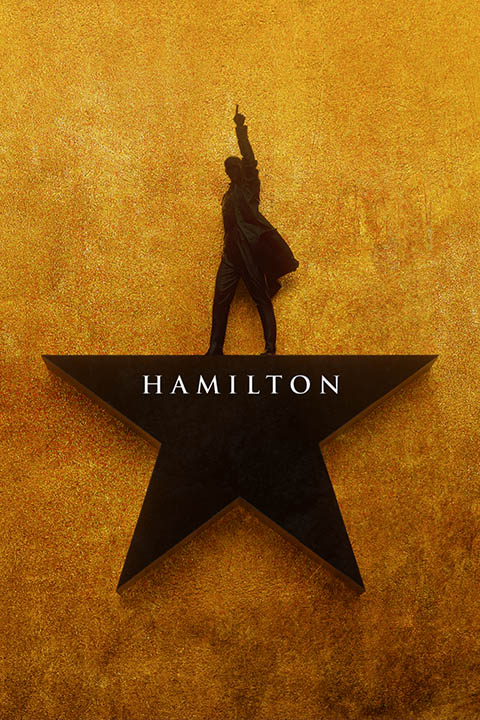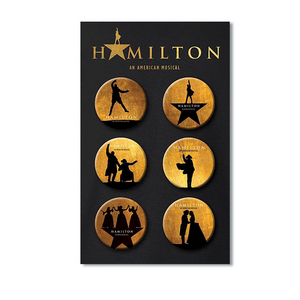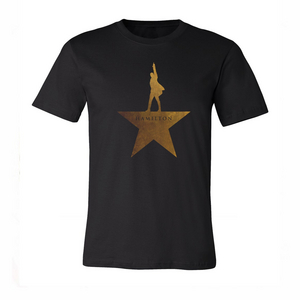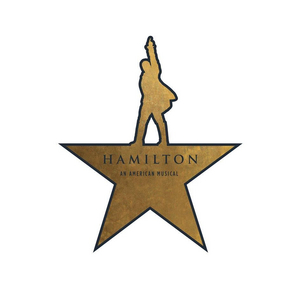The Nitty Gritty Behind HAMILTON's Landmark Profit-Sharing Deal: Read the Cast's Full Letter to Jeffrey Seller!

|
|
As reported in April, HAMILTON's original stars came out on top after a significant profit-sharing deal; the show's producers agreed to share some of the blockbuster musical's takings with actors and dancers who were part of the show's beginnings Off-Broadway.
If you were wondering how this landmark decision came about (because, let's face it, it's almost unprecedented), Bloomberg has now shared in detail how the deal came to fruition. The piece includes the letter sent Aug. 31, 2015 from 22 members of the cast to lead producer Jeffrey Seller.
It begins: "We love you. We love HAMILTON. The one million infinitesimal and distinctive decisions you've made in service of this property ... are destined to be studied on the level of the material itself ... Thank you for the care with which you've given it to the world ... We come together as a family today in the humblest and most respectful way that we know how, to bring to your attention what we feel might possibly be this flawless work of art's only lingering mistake."
The performers originally complained about the lack of royalty participation in their contracts as Hamilton took its first bows on Broadway. Daveed Diggs, Renée Elise Goldsberry, Leslie Odom, Jr., Phillipa Soo, Javier Munoz and more are among those who signed the letter.
Also featured by Bloomberg are the subsequent email exchanges between Seller and the cast, in which Seller attempted several counter-offers. The producer went as far as delivering lump sum checks (ranging from $29,000 to $36,000) to actors' dressing rooms half an hour before the show, despite the cast's ultimate refusal to take them.
"It was not a good day for the movement," Odom, Jr. wrote in an email. "It was pretty brutal actually."
After weeks of meetings, Seller and the stars came to the landmark agreement of 1 percent of net profits from New York, plus 0.33 percent of the net profits from Chicago and all other U.S. productions, except Broadway and future revivals.
Hamilton just started performances in Chicago and is poised to launch a national tour and several international productions, meaning profits -- and thus shares -- will only climb.
The issue of profit-sharing is a deep one, going back to the days of A CHORUS LINE, RENT and AVENUE Q and continuing with productions such as the upcoming FROZEN adaptation, which will not be sharing earnings with its stars.
Photo Credit: Joan Marcus
Videos


 Hamilton Button Set
Hamilton Button Set Hamilton Unisex Gold Star Show Tee
Hamilton Unisex Gold Star Show Tee Hamilton Shot Glass
Hamilton Shot Glass Hamilton Magnet
Hamilton Magnet